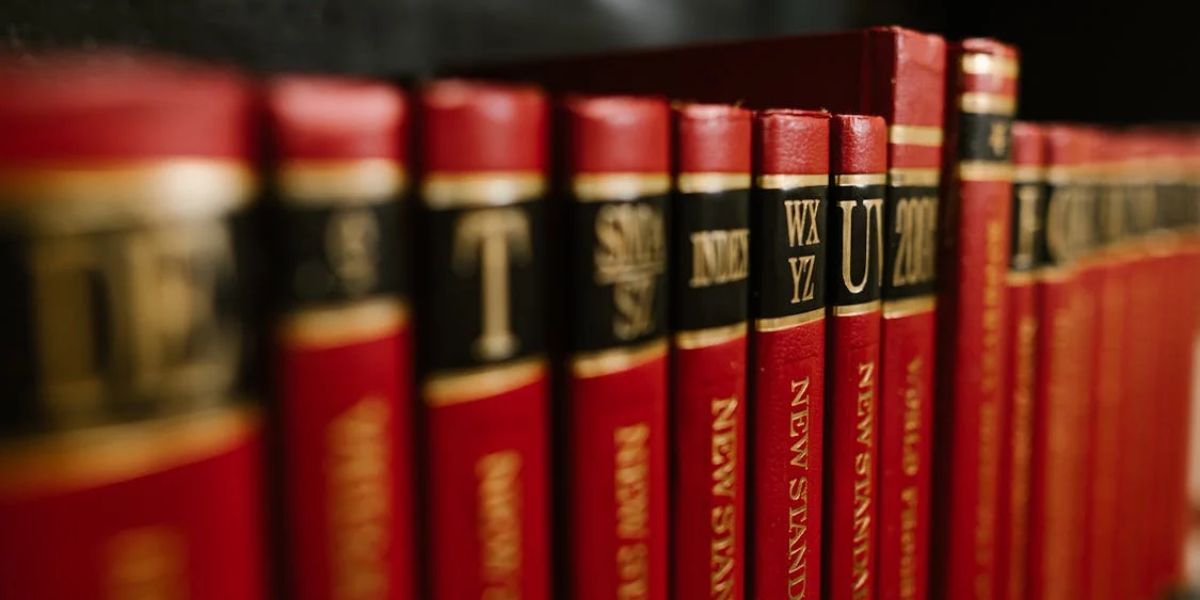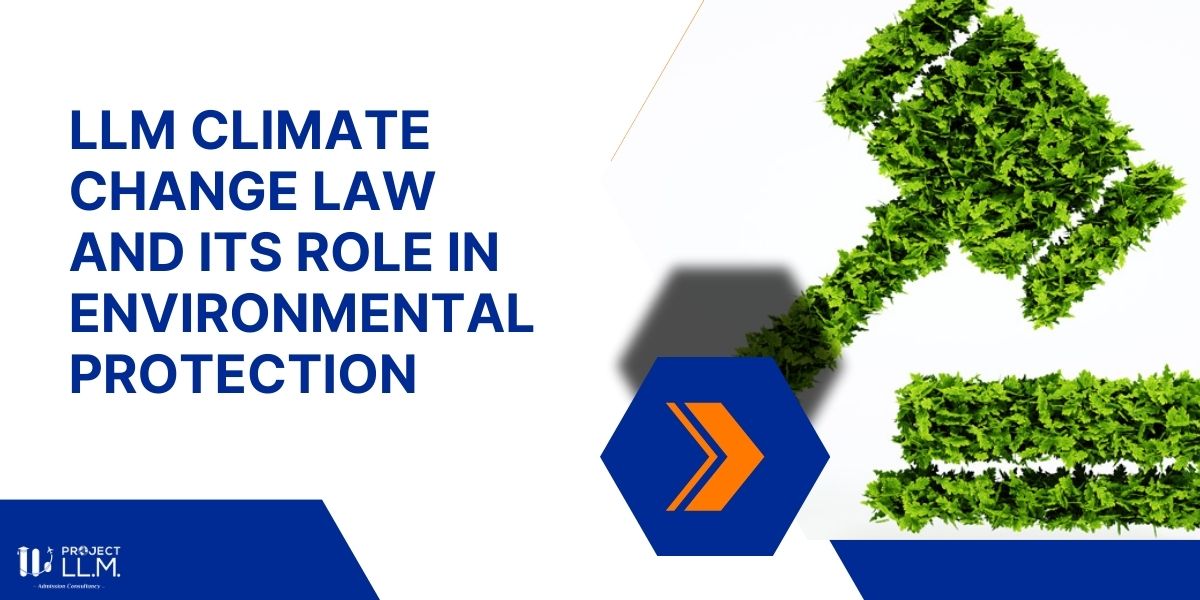In the context of international governance, legal norms and regulations play a crucial role in maintaining global order. While traditional international law is often characterized by legally binding treaties and conventions, an emerging trend in international governance is the growing influence of soft law non-binding agreements that shape global legal frameworks and diplomatic relations. This article explores the role of soft law in international governance, its implications for global legal practices, and how LLM (Master of Laws) students can engage with this evolving trend in the legal profession.

What is Soft Law?
Soft law refers to non-legally binding instruments, agreements, or declarations that influence the behavior of states, international organizations, and other actors in the global arena. These agreements are not legally enforceable, unlike hard law, which is backed by legal consequences. Soft law, however, plays a pivotal role in shaping international governance by providing guidelines, recommendations, or best practices for states and organizations to follow.
Characteristics of Soft Law
Soft law differs from traditional hard law in several key ways:
- Non-binding Nature: Unlike treaties or conventions, soft law instruments do not impose legal obligations or enforceable duties.
- Flexibility: Soft law allows greater flexibility, as it can be updated or amended more easily compared to binding treaties.
- Influence Over Norms: Despite its non-binding status, soft law can shape international norms and influence state behavior, often serving as a precursor to formal treaties.
Some common examples of soft law include resolutions passed by international organizations like the United Nations, declarations made by regional bodies, and voluntary codes of conduct adopted by international companies or institutions.
The Growing Influence of Soft Law in International Governance
While binding treaties and conventions are still the cornerstone of international law, soft law is increasingly being recognized as a significant force in global governance.
Bridging Gaps in Formal International Law
Soft law can fill gaps where formal, binding agreements are difficult to achieve due to political or legal challenges. For example, in situations where states are unwilling or unable to agree on legally binding treaties such as in the context of environmental protection or human rights—soft law provides a means for global cooperation.
Promoting Consensus and Cooperation
Soft law is particularly effective in promoting consensus and cooperation among states with diverse interests and political systems. By offering guidelines and principles rather than binding legal obligations, soft law facilitates collaboration on complex issues where a one-size-fits-all approach may not be feasible.
Responding to Emerging Global Issues
As international legal issues become more complex and interdependent, soft law is increasingly used to address emerging global challenges such as climate change, cybercrime, and international trade. These areas often lack comprehensive binding treaties, making soft law an essential tool for regulating behavior and promoting cooperation.
Examples of Soft Law in International Governance
Numerous soft law instruments have had a profound impact on international governance. Some examples include:
The United Nations Declarations and Resolutions
The United Nations (UN) often adopts non-binding resolutions and declarations that guide state behavior in areas such as human rights, peace and security, and environmental protection. For instance, the UN Declaration on Human Rights (1948) and Agenda 21 (1992) serve as important guidelines, even though they are not legally binding.
The Paris Agreement on Climate Change
The Paris Agreement on climate change (2015) is a classic example of soft law in international environmental governance. While the agreement itself is a legally binding international treaty, its implementation mechanisms largely rely on voluntary pledges and non-binding commitments from states. These voluntary actions are considered soft law because they are not legally enforceable but still exert significant influence on state behavior.
Corporate Social Responsibility (CSR) Guidelines
In the corporate sphere, soft law is also prominent through CSR guidelines and initiatives, such as the OECD Guidelines for Multinational Enterprises or the UN Global Compact. These non-binding instruments encourage multinational corporations to adhere to ethical business practices but do not impose legal penalties for non-compliance.
How LLM Students Can Engage with Soft Law
LLM students studying international law are well-positioned to explore and engage with the concept of soft law. By incorporating soft law into their studies and research, LLM students can develop a nuanced understanding of how these non-binding instruments impact international governance and contribute to legal reform.
Incorporating Soft Law into Legal Research
LLM programs that focus on international law or global governance provide opportunities for students to engage with soft law through their academic research. By analyzing case studies, legal instruments, and international agreements, students can explore the role of soft law in shaping legal outcomes and influencing state behavior.
Courses on International Governance and Soft Law
Many LLM programs now offer specialized courses that examine the impact of soft law in areas like international human rights, climate change, and trade law. These courses give students a deeper understanding of how soft law operates within the broader international legal framework and provide the tools necessary to critically assess its effectiveness in influencing global governance.
Engaging in International Conferences and Legal Simulations
Participating in international law conferences, moot courts, and legal simulations is another way for LLM students to engage with soft law. These events often require students to analyze and apply soft law instruments to real-world legal challenges, helping them develop practical skills for navigating global legal issues.
Career Opportunities in Soft Law Advocacy
LLM graduates with expertise in soft law can pursue career opportunities in international organizations, governmental agencies, NGOs, and multinational corporations, where soft law plays a key role in shaping policy and governance. Legal professionals with experience in soft law are in demand for their ability to facilitate international cooperation and work in areas of global legal governance that require a nuanced understanding of non-binding agreements.
Challenges and Criticisms of Soft Law
While soft law has become an influential tool in international governance, it is not without its challenges and criticisms.
Lack of Enforcement Mechanisms
The primary criticism of soft law is that it lacks enforcement mechanisms. Without the force of binding legal obligations, soft law relies heavily on voluntary compliance, which can limit its effectiveness in achieving lasting change.
Ambiguity and Vagueness
Because soft law instruments are not legally binding, they can sometimes be vague or ambiguous, leaving room for different interpretations. This can lead to inconsistencies in implementation and challenges in holding states or organizations accountable.
Over-reliance on Voluntary Cooperation
Critics argue that an over-reliance on soft law can hinder the development of robust, enforceable legal frameworks. While soft law promotes cooperation, it may not always provide the legal certainty needed to regulate complex global issues effectively.
The role of soft law in international governance is a growing phenomenon that reflects the evolving nature of global legal systems. While soft law may not have the binding power of traditional international treaties, its influence on global cooperation, norm-setting, and regulatory frameworks is undeniable.
LLM programs play an essential role in equipping students with the knowledge and tools necessary to engage with soft law, offering opportunities to explore its implications for international governance and global legal practices. As the world faces increasingly complex challenges, the ability to navigate and contribute to the development of soft law will be a vital skill for future legal professionals.
FAQs
What is soft law in international governance?
Soft law refers to non-binding agreements and guidelines that influence global legal norms and state behavior without imposing legal obligations.
How does soft law influence global legal practices?
Soft law shapes international governance by providing flexible, voluntary frameworks that guide cooperation on issues like human rights, climate change, and trade.
How can LLM students engage with soft law?
LLM students can explore soft law through specialized courses, research, and participation in international conferences or legal simulations focusing on global governance.
What are the challenges of relying on soft law?
The main challenges of soft law include the lack of enforcement mechanisms, ambiguity in its application, and the over-reliance on voluntary compliance.



